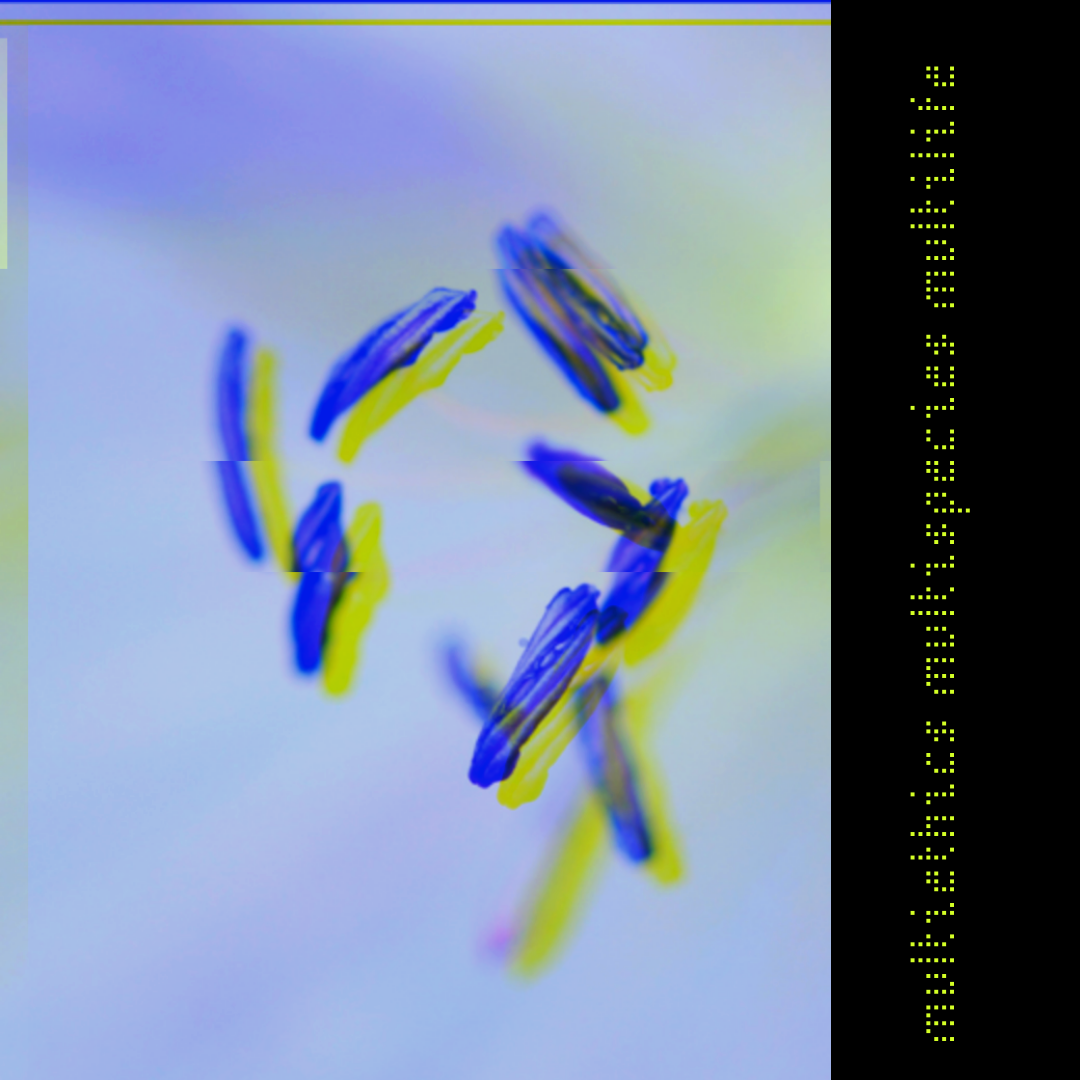
Sara Eddy
Artist Statement: Talking & Listening to Plants
Almost every day, and often twice a day, I walk out my back door and up onto the side of Mount Norwottuck, a mountain in the Holyoke range in western Massachusetts. My dog comes with me. There are seemingly infinite varieties of asters, goldenrod, maples, oaks, beeches, and other New England fauna there to greet me. I grew up here, and returned to live here as an adult after 20 years in other parts of the States. It is a landscape that feels as familiar to me as my family. I took that feeling of comfort and intimacy to a grant-funded panel (“Vegetal Forms,” at the Kahn Institute at Smith College) in fall of 2024. The panel was composed of artists, poets, and academics researching human-plant relationships, and what we can learn from the plants around us. I wrote “Feverfew” as one of the weekly poems I provided for conversation and inspiration. Many of our discussions circled around how little we know, and how frequently we have colonized the plant world, both literally and in the botanical languages we use to describe plants. But we also discussed folk knowledge and naming, along with symbiotic relationships between plants and between plants and humans. We have so far to go.
Sara Eddy’s second full-length poetry collection, How to Wash a Rabbit, is forthcoming from Cornerstone Press. She is also author of Ordinary Fissures (2024), and two chapbooks: Full Mouth (2020), and Tell the Bees (2019). Her poems have appeared in many online and print journals, including Threepenny Review, Raleigh Review, Sky Island, and Baltimore Review, among others. Her poems have been nominated for Pushcart and Best of Net Prizes, and she was the recipient of Causeway Literature’s poetry award. She lives in Amherst, Massachusetts, in a house built by Emily Dickinson’s cousin.

